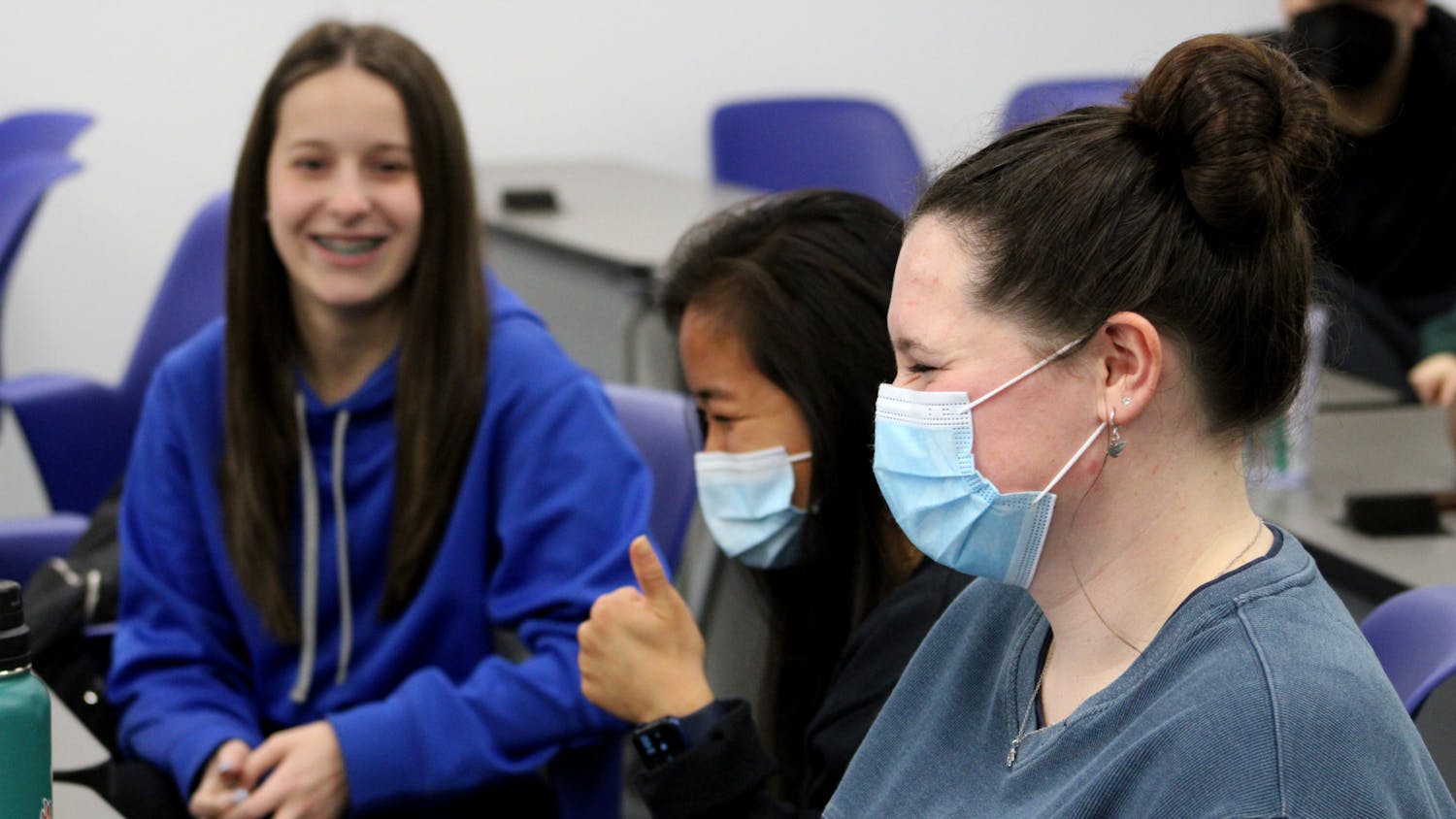Following the recent implementation of invasive pat-down procedures and body scanners by the Transportation Security Administration, many travelers and airline employees are voicing their opposition.
New pat-down procedures were announced on the TSA website Oct. 28. They warned passengers to “expect an unpredictable mix of security layers.”
Most travelers, however, can avoid pat downs by submitting to traditional screening machines and the advanced imaging technology, which is being used at 68 airports including Jacksonville, Miami, Orlando and Tampa International Airports.
These new screening systems allow TSA officials in a separate room to view a faceless image of a detailed outline of a person’s body through his or her clothing.
But Director of Communications for the American Civil Liberties Union of Florida, Brandon Hensler, said the advanced imaging technology is “a virtual strip search and represents an example of how our government, when confronted with a serious issue, throws money at technology to solve the issue.”
“The whole idea of someone seeing an anonymous outline of my body is a little unnerving to me,” said Katherine Martin, 21, a communications science major at UF who will be flying out of Orlando on Tuesday.
“Out of two choices, I would pick the imaging, although I do feel that it is invasive,” she said. “I don’t feel there’s much that I can do other than go with the lesser of the two evils.”
As government employees, TSA agents have a duty to preserve the fundamental right to privacy upheld by the Supreme Court, said Craig Cox, president of the Gator Law American Civil Liberties Union.
“Air travel is an integral part of American society, and I’m not sure this is such a compelling governmental interest as to overcome our right to privacy,” he said in an e-mail.
Despite this, a majority of travelers have cooperated with the new procedures, said TSA representative Sari Koshetz in an e-mail.
“A very small number of people opt out and get pat downs,” Koshetz said. “[There is a] very minimal number of complaints across the country as 98 percent of the people who are asked to go through [advanced imaging technology] do so.”
UF journalism student Ashley Podoll plans to spend her Thanksgiving holiday in her hometown of Denver, Colo., which would mean a 28-hour drive if she chose not to fly. But she said she understands the TSA’s position.
“I’d rather more security cautions than less, even if it does mean images,” said Podoll, who will fly out of Orlando on Tuesday.
The Gainesville Regional Airport, unlike the international airports, does not have advanced imaging technology and has not seen changes in business or delays as a result of security measures, said Laura Aguiar, public relations and government affairs manager for the airport.
“Keeping in mind that it’s the busy travel season and flights are fuller than usual because the economy is rebounding, people, as usual, should pack their patience,” she said.
Because it is a small airport, Aguiar said people can arrive an hour before their departure and make it to their flights on time.





